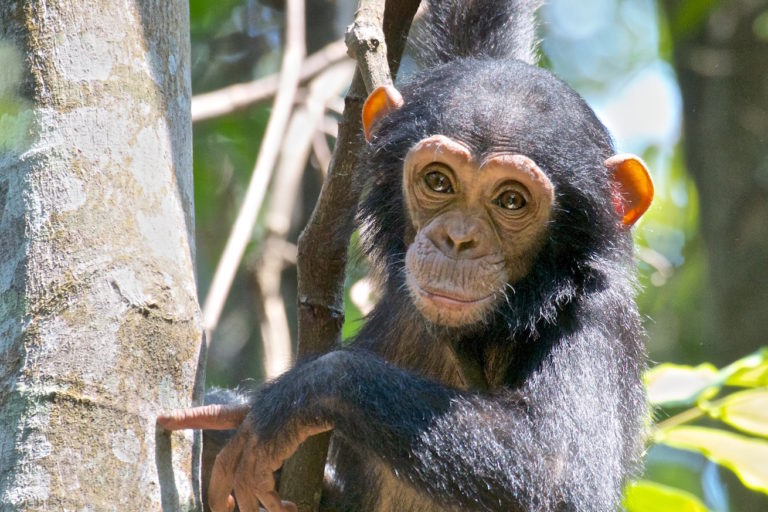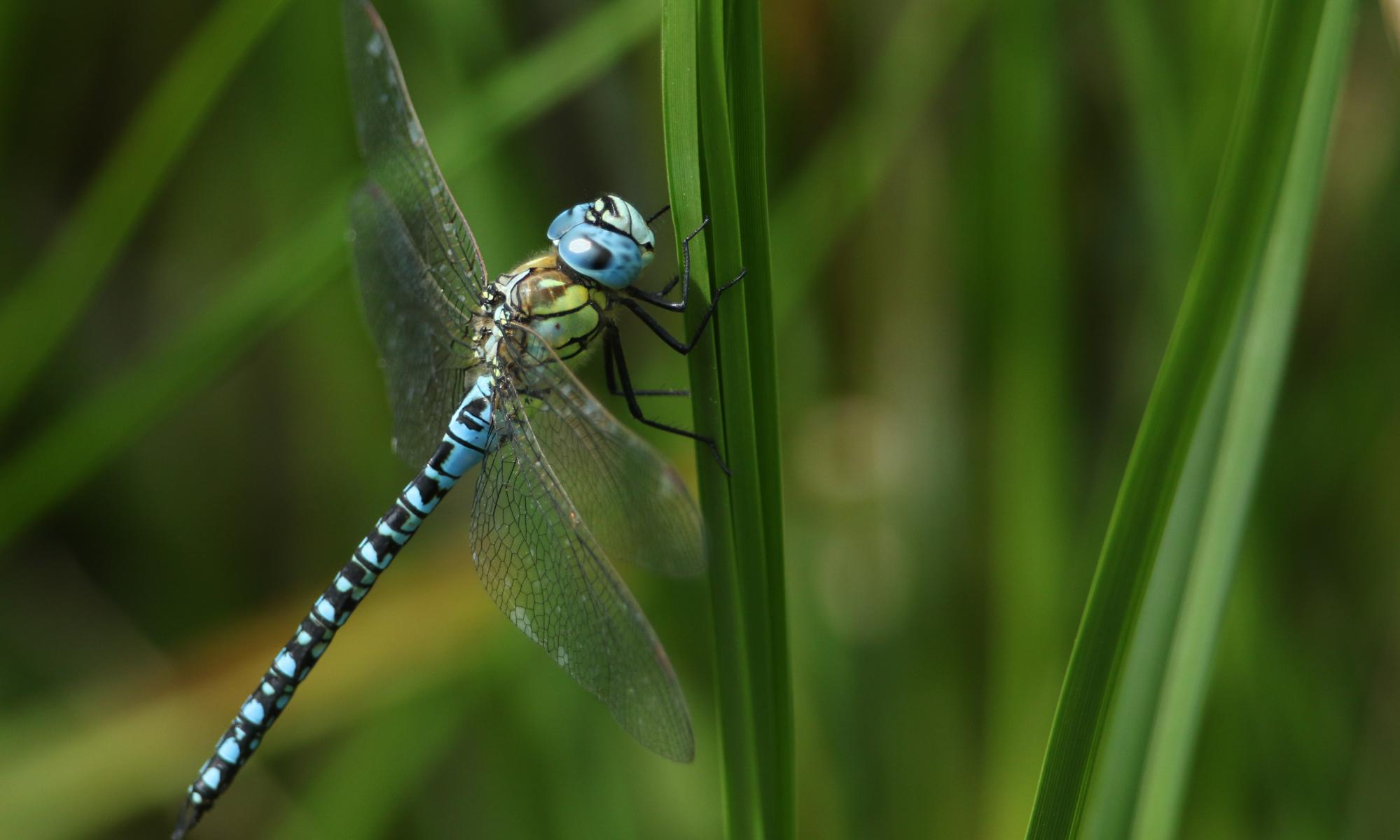New light shed on bond between Cape fur seal moms and pups IOL | 5 years ago
News
The tropics are expanding, and climate change is the primary culprit Phys.Org | 5 years ago
First genome comparison gives insight into penguin origins, evolution Phys.Org | 5 years ago
Biodiversity scientists must fight the creeping rise of extinction denial nature.com | 5 years ago
Bid to save Cairngorms plant life from extinction BBC News | 5 years ago
Microplastics now being found in human organs Independent | 5 years ago
A genetic map hopes to trace rescued chimps back to their homes Mongabay Environmental News | 5 years ago
The world's biggest waves: How climate change could trigger large landslides and 'mega-tsunamis' The Conversation | 5 years ago
Identifying the culprits behind river pollution | Letters The Guardian | 5 years ago
How climate change could expose new epidemics Phys.Org | 5 years ago
Climate Crisis Is A Serious Threat As It May Also Bring Dormant Viruses Back To Life The Times of India | 5 years ago
Here be dragonflies, thriving in Britain as never before The Guardian | 5 years ago
How climate change could expose new epidemics The Times of India | 5 years ago
5 Things You Might Not Know About Forests – But Should EcoWatch | 5 years ago
UK infrastructure inadequate for climate emergency, experts warn The Guardian | 5 years ago
UK firm's solar power breakthrough could make world's most efficient panels by 2021 The Guardian | 5 years ago
Researchers design efficient low-cost system for producing power at night Phys.Org | 5 years ago
Ozone Across Northern Hemisphere Increased Over Past 20 Years CIRES | 5 years ago
July 2020 was among the Earth's hottest months ever recorded USA Today | 5 years ago
Pollution linked to antibiotic resistance Phys.Org | 5 years ago
Marine food webs could be radically altered by heating of oceans, scientists warn The Guardian | 5 years ago
Restoring degraded tropical forests generates big carbon gains Phys.Org | 5 years ago
Sustainable nylon production made possible by bacteria discovery Phys.Org | 5 years ago
Ancient genomes suggest woolly rhinos went extinct due to climate change, not overhunting Phys.Org | 5 years ago




















